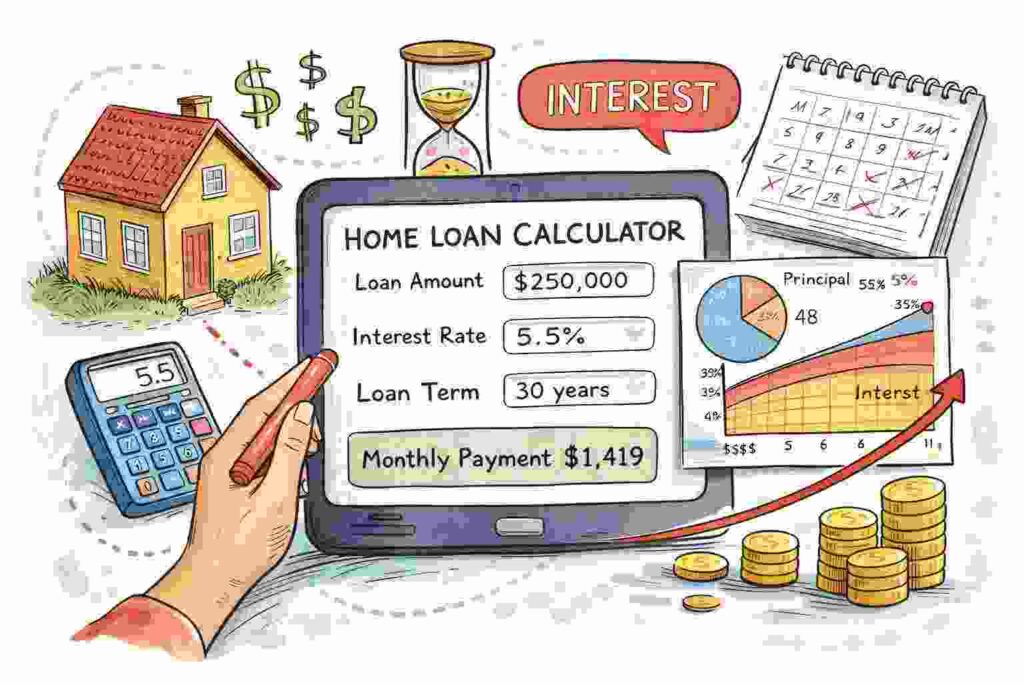Higher loan amounts and repayment tenures of up to 30 years make home loans a major financial commitment for most borrowers. The long home loan tenures often lead to the interest component to exceed the loan amount. Therefore, many home loan borrowers tend to reduce their interest costs by making partial prepayments during the tenure.
Here are some points that existing home loan borrowers should consider while prepaying their housing loan:
Decide between reducing their EMI or loan tenure
Existing home loan borrowers opting for loan prepayments have to choose between two options – either reduce their loan tenure or minimise their EMI component. Although they can save on their interest costs by reducing the home loan tenure, reducing their EMI amount will increase the overall proportion of disposable income. Therefore, selecting either of the two options depends primarily on whether the home loan borrower wants to reduce their EMI burden or bring down his/her overall interest cost.
Exercising the home loan balance transfer facility to save on the interest payout
Existing home loan borrowers can exercise the balance transfer option to transfer their home loans to other banks or HFCs at lower interest rates and/or for better terms and conditions. The home loan balance transfer (HLBT) facility is especially useful for borrowers with improved credit profiles who can avail home loans at reduced interest rates. They can visit Paisabazaar’s website to check and compare the latest HLBT interest rates offered by multiple lenders. Those exercising the balance transfer facility can benefit from the reduction in overall interest payout without adversely impacting their liquidity or existing investments. Home loan borrowers should consider the estimated savings by using the balance transfer calculator before deciding whether to transfer their existing loan to other lenders.
Factor in the returns generated from existing investments
Although the home loan interest rates are among the lowest when compared to other retail loan products like personal loan, loan against securities, loan against property, etc., they are usually higher than the returns generated by most fixed-income instruments. Thus, surplus funds parked in short-term debt funds, fixed deposits or other fixed income products, not earmarked for any important financial goals, can be redeemed or closed for making prepayments. However, borrowers should avoid redeeming their equity funds for prepaying their loans, as the long-term returns generated from these investments are usually much higher than the home loan interest rates.
Avoid home loan prepayment using emergency funds
Borrowers create emergency funds to handle financial emergencies and/or to meet unavoidable expenses including existing EMIs, rent, insurance premium(s), tuition fees for children, etc. in case of loss of income due to unemployment, illness or disability. Your emergency funds should ideally be substantial enough to take care of any unavoidable expenses for at least 6 months. Existing home loan borrowers using their emergency funds for loan prepayment may have to liquidate their existing investment(s) at suboptimal prices or avail future loans at higher rates of interest to deal with financial emergencies.
Avoid redeeming investments earmarked for crucial financial goals
Many existing home loan borrowers tend to prepay their loans by redeeming their existing investments set aside to fulfil their important financial goals. However, doing so may force them to avail loans at higher interest rates for fulfilling those financial goals.




